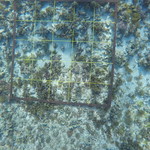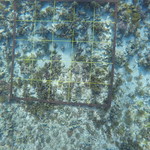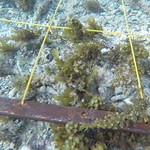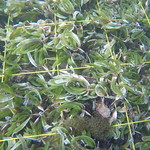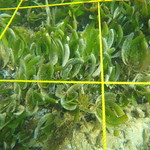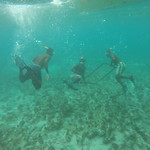Building a model for long-term community-based conservation of seagrass-dependent biodiversity in Madagascar (MG1).
Madagascar: Barren Isles LMMA, Melaky region.
$152,557
MG1 aims to support community-based monitoring and management of seagrass ecosystems within Madagascar’s largest locally-managed marine area (LMMA) via training community LMMA representatives in the participatory assessment and monitoring of seagrass ecosystems.
The project will engage LMMA representatives in developing marine area management plans, including the establishment of seagrass reserves and local laws concerning the hunting of marine mammals; raising awareness of destructive fisheries within the LMMA; and collaborating with government authorities in the monitoring, control and surveillance of local fisheries laws within the LMMA.
MG1 seeks to pioneer community-based management of seagrasses and their associated biodiversity within the Barren Isles LMMA, creating a blueprint for local seagrass stewardship to inform replication efforts throughout Madagascar’s national MIHARI LMMA network.
The project will directly involve local community members in monitoring seagrass biodiversity, collecting information to guide management planning by the LMMA management committee to mitigate known threats to seagrass ecosystems.
By providing rights-based fisheries management interventions to rebuild local fisheries within a conservation plan that safeguards seagrass habitats and threatened biodiversity, this project will empower communities to protect their customary fishing grounds, safeguarding their livelihoods and food security
Deliverables
- Dugong and seagrass Community conservation group established in three targeted villages.
- Train 24 community LMMA representatives in monitoring and participatory assessment of seagrass ecosystems and to support the dissemination of information to communities within the area.
- Establish at least four permanent ‘no take’ seagrass reserves.
- Develop marine mammal hunting Dina to reduce dugong losses in the area. 5. Collaborate with government authorities in the monitoring, control and surveillance of local fisheries laws within the LMMA. 6. Promote awareness through a campaign targeting destructive fisheries within the LMMA.
